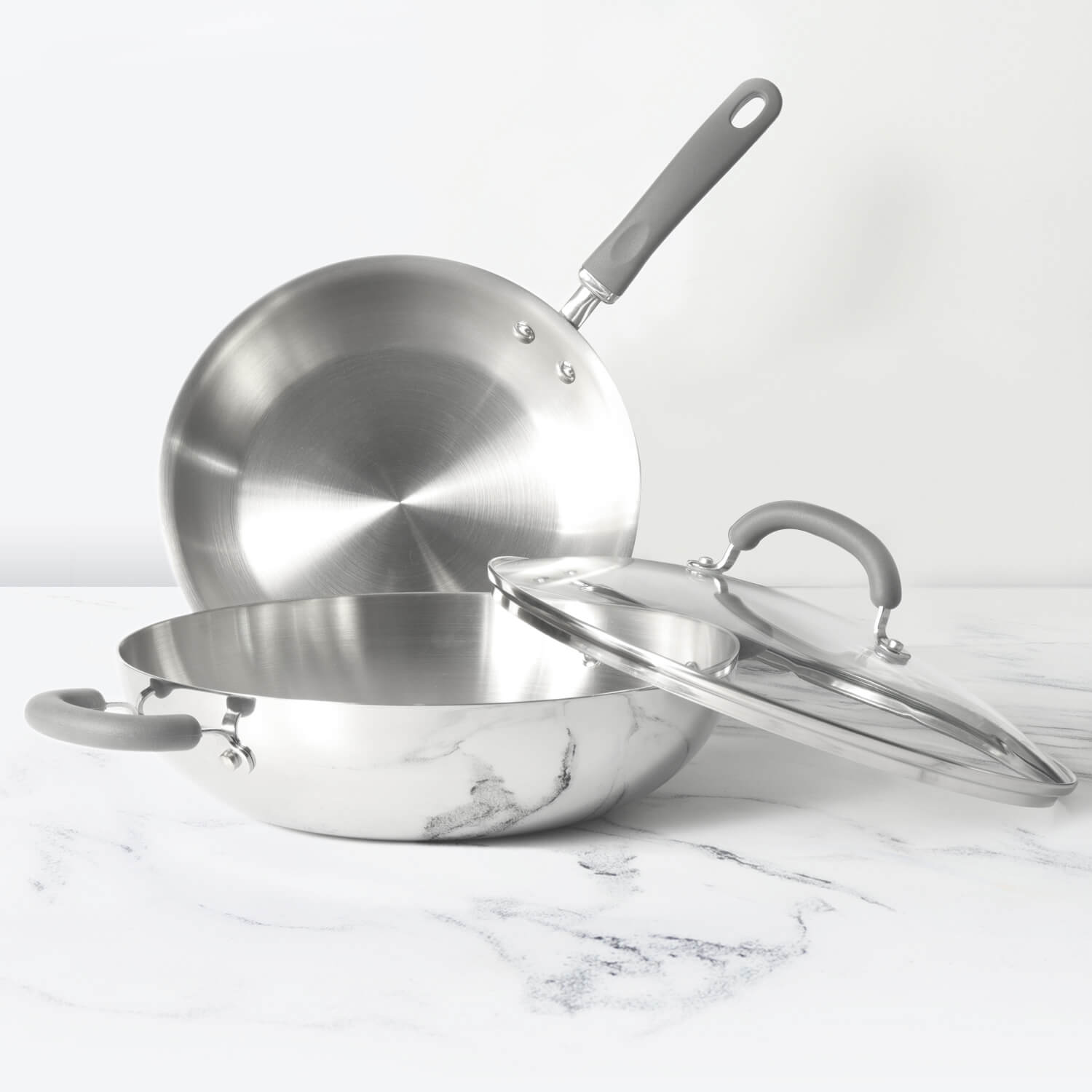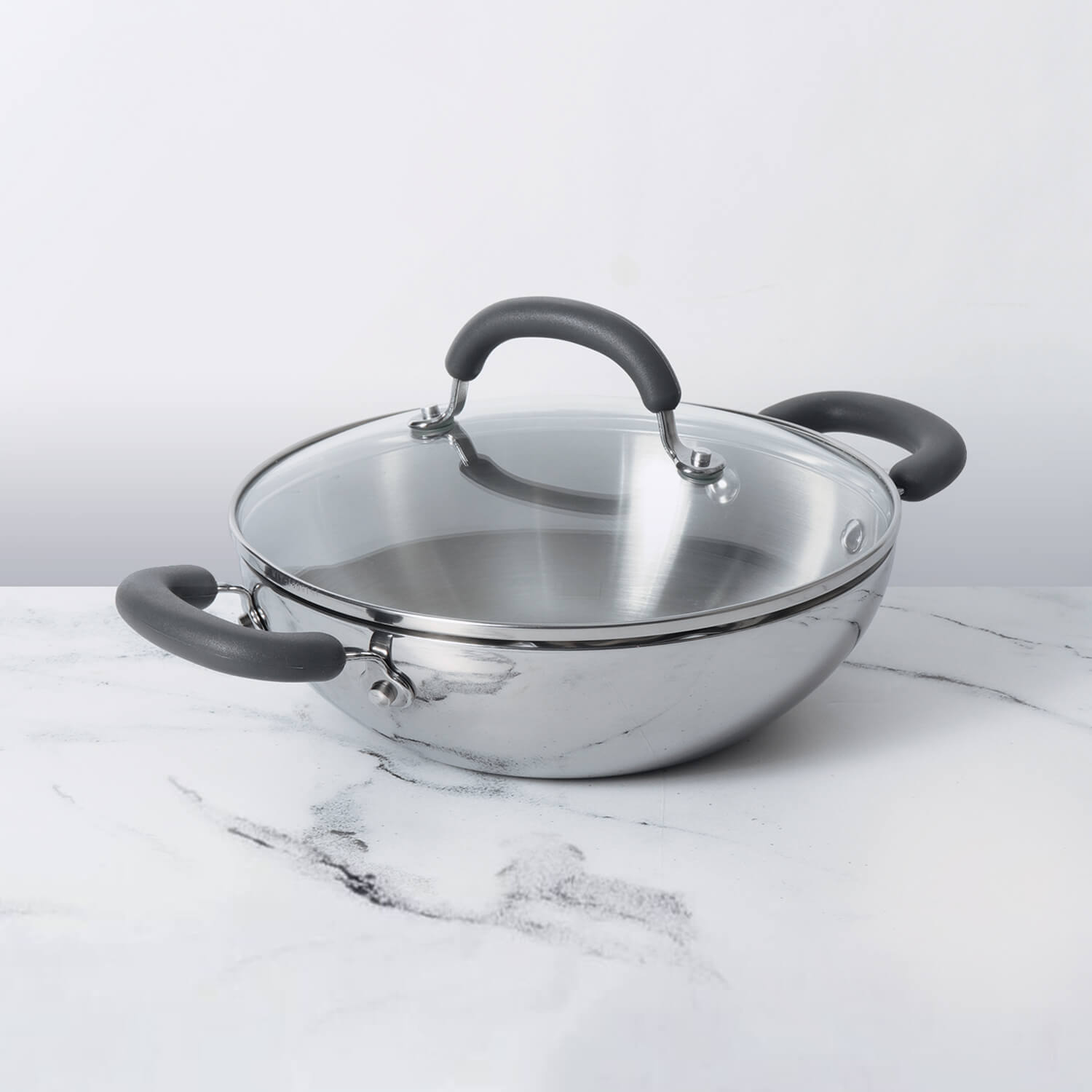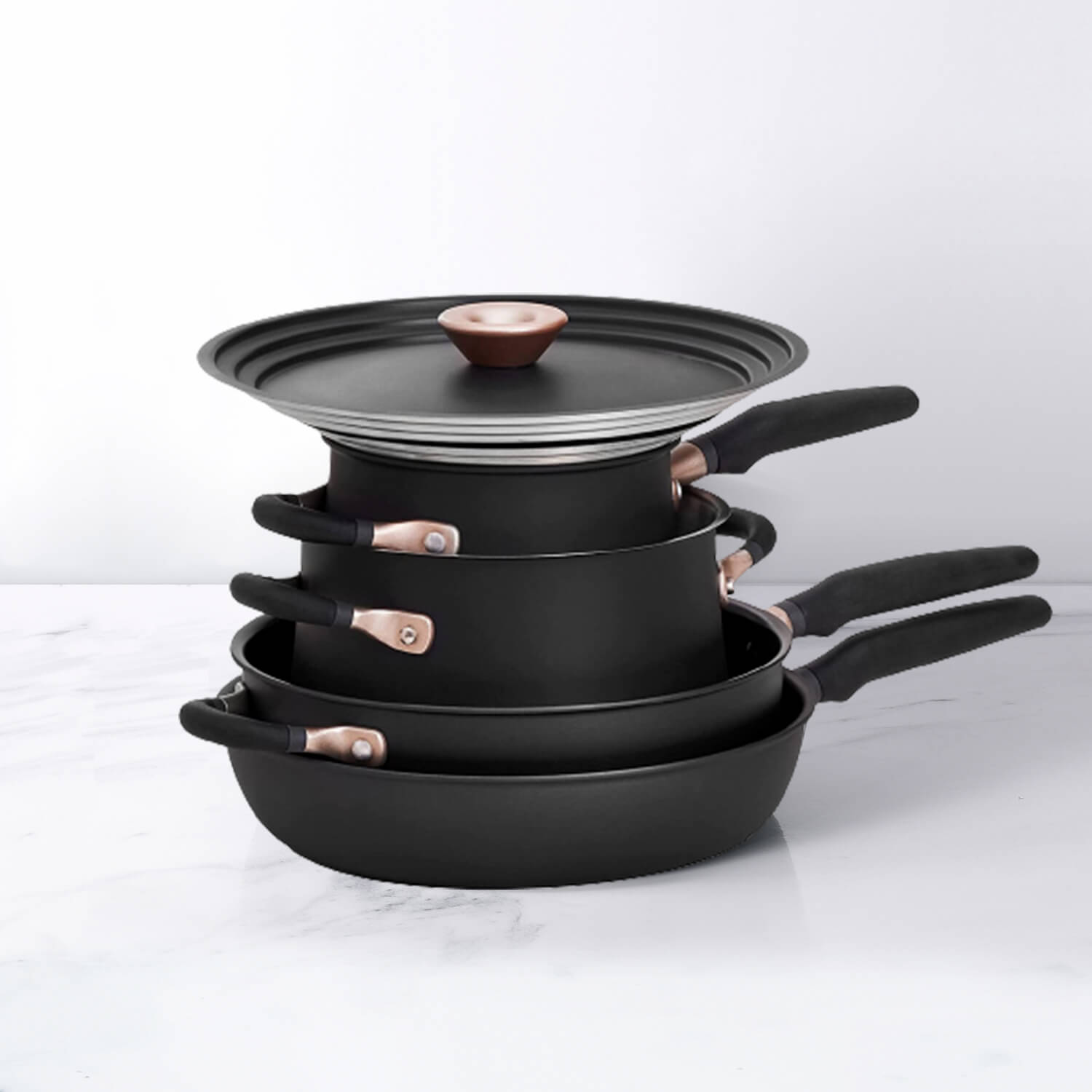Calendula is a marigold herb that has been used for centuries for skin health advantages, including promoting wound healing1.
Flavonoids, which are organic chemicals, are abundant in calendula petals. According to claims, these substances have anti-inflammatory, anti-thrombogenic, antidiabetic, anti-cancer, and neuroprotective properties.
Table of Contents
Calendula contains significant levels of flavonoids, which are plant-based antioxidants that shield cells from being harmed by dangerous chemicals known as free radicals. It indicates that calendula fights germs, viruses, and inflammation.
Calendula has historically been used to treat stomach trouble, ulcers, and menstrual cramps, but there is no scientific proof that it is effective for any of these conditions. Today, calendula is frequently administered topically, or directly to the skin.
Calendula has been found to hasten the healing of wounds, probably by increasing the amount of blood and oxygen delivered to the wound site, which encourages the body to produce new tissue. Additionally, it helps with firmness and hydration of the skin. To heal burns, bruises, wounds, and the mild infections they produce, calendula plant dried petals are used in tinctures, ointments, and washes. Additionally, it has been demonstrated that calendula can aid in dermatitis or skin irritation prevention in breast cancer patients receiving radiation treatment.
About Calendula:
The plant genus Calendula belongs to the Asteraceae/Compositae family in the Asterales phylum. The orange and yellow bloom that the Calendula Officinalis plant produces is its therapeutic component.
An annual flower, calendula is simple to grow on ordinary, somewhat rich, well-drained soils that receive direct sunshine. It is suitable for planting in flower beds, borders, cottage gardens, cutting gardens, as well as pots and containers.
The plant's aromatic leaves draw butterflies to gardens. For floral arrangements and potpourri mixtures, the petals are a common ingredient. They may also be prepared and consumed.
The flowers are infused with carrier oils like coconut oil or olive oil to create calendula oil. The oil can be used directly to the skin or used as a component in creams, lotions, ointments, and balms. Additionally, it can be converted into a tincture, tea, or capsule.
What is calendula used for?
Research has indicated that calendula may heal diaper rash, wounds, vaginal yeast infections, and other disorders. Calendula has been used to treat a range of skin problems.
Calendula has also been used to alleviate cancer patients' treatment-related adverse effects and decrease pain and inflammation.
Health benefits of calendula:
Calendula plants have several uses for all of their components. The plant is claimed to boost the immune system and is presently utilised as a component in many cosmetics. Flowers and leaves of the calendula may be preserved and saved for later use. Calendula in the food garden deters pests from damaging precious plants.
Has healing qualities:
Because of its potent therapeutic properties, calendula is frequently employed. Various cuts, bruises, burns, scrapes, and insect bites can all be treated with calendula flower to hasten the body's natural healing process.
The oil is particularly effective at healing because it contains anti-inflammatory effects and is high in antioxidants. It can be used to wounds that haven't fully healed to stop infections from developing.
Benefits dental health:
Calendula is a popular component in many herbal products, including toothpaste, mouthwash, shampoo, and detergent, because of its powerful antibacterial effects. It can maintain your mouth clear of microorganisms, stop the development of cavities, and stop foul breath. You may even use it to fight gingivitis.
Improves skin:
Calendula improves your skin's overall look in addition to mending your skin. Due to its high antioxidant content, it can significantly lessen the visibility of scars, age spots, wrinkles, and other ageing indicators.
It may offer you skin that is incredibly even-looking, smooth, and absolutely glistens with vigour and health. You may either utilise herbal products that already include this element, or you can just add calendula to your tea and drink it that way.
Improves vision:
Calendula has been demonstrated in studies to have a substantial influence on your vision. This is due to calendula's high concentration of beta-carotene, which is excellent for your eyes. It could resurrect blurry eyesight. Additionally, it can fend against cataracts and macular degeneration, protecting your vision and keeping it clear.
Lessen swelling:
You may use calendula to combat any form of inflammation that your body may experience. Calendula tea can be consumed often to help prevent coughs, colds, and even chest and throat congestion.
Calendula oil is a fantastic pain reliever. To reduce the discomfort from gout or arthritis, it can be administered topically to your joints or limbs. It offers immediate relief.
Calendula can further be used to soothe an upset stomach. It lessens any intestinal irritation, guaranteeing that your stomach calms down and rapidly returns to normal.
Guards against cancer:
One of the most terrifying illnesses is cancer. Because of its unpredictable nature and occasionally quick development, HPV has become a sickness to be feared, and the majority of people will do anything to avoid contracting it. Cancer can be prevented with calendula. This is so that any tumour's size can be reduced thanks to calendula's anti-tumor qualities.
Lessens cramps:
Calendula is a fantastic ingredient to have in order to cope with cramping and discomfort because it also has antispasmodic qualities. By soothing your body and avoiding cramping, it can aid with nervous system diseases. Women all around the globe use it as a fantastic treatment for period cramps. Any spasmodic ailment can benefit from it, considerably enhancing your quality of life.
Boosts energy:
Calendula strengthens practically all of the bodily systems since it contains so many essential elements. You have more energy and are less prone to issues like weakness, exhaustion, and occasionally even worry when your body is functioning better. Your body will be naturally healthy and robust if you add calendula to your tea.
Enhances heart health:
Your cardiovascular system will thank you for taking calendula. It eliminates accumulated cholesterol, which leads to healthier blood vessels and a heart. Additionally, it aids in heart attack prevention.
Stimulates digestive system:
Calendula tea helps maintain your digestive system in good shape. In addition to treating ulcers, bladder infections, and general stomach disturbance, it aids in the prevention of metabolic disorders.
Calendula Tea:
- Get the water to boil.
- To a teapot or tea infuser, add two tablespoons of dried flowers.
- The leaves should be covered with boiling water and steeped for 10 minutes.
- Add any flavourings, such as cinnamon, vanilla, honey, etc., after straining.












Leave a comment